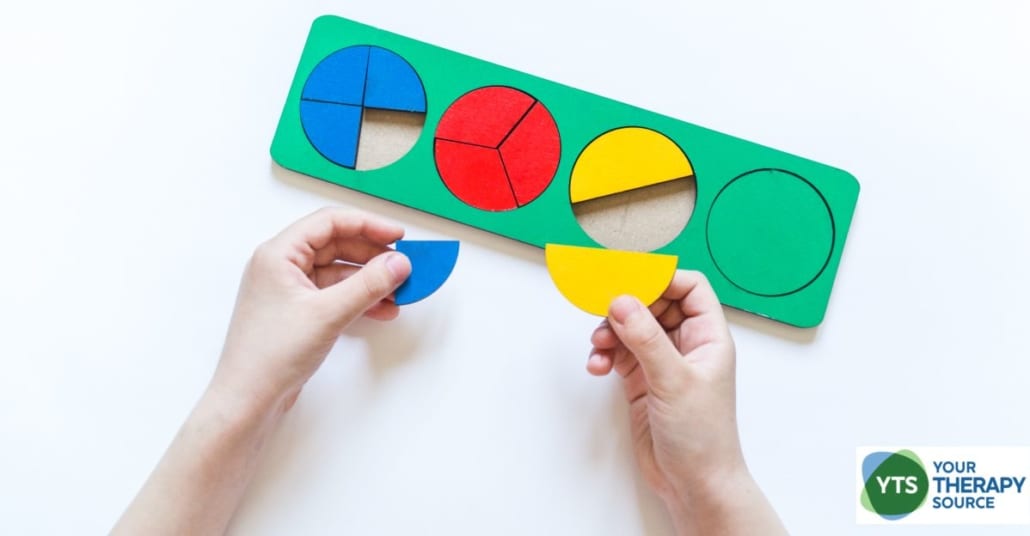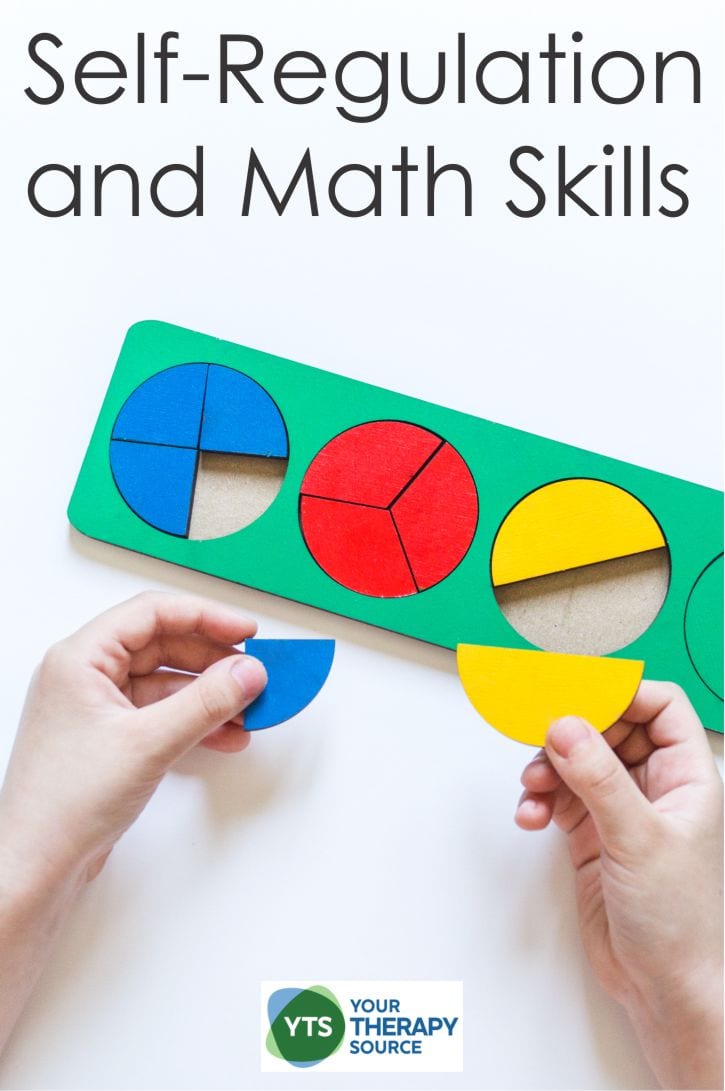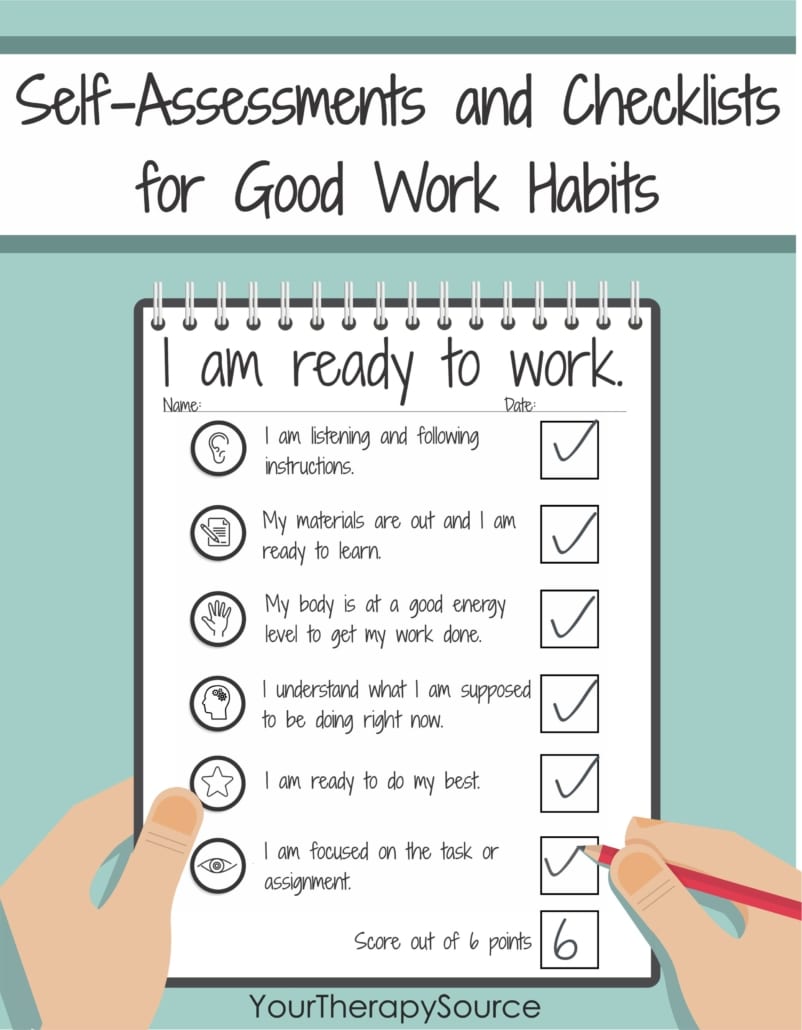Self-Regulation and Math

Many students with learning disabilities struggle to learn math concepts. A recent study on self-regulation and math explored interventions with and without an embedded self-regulation component for teaching third-grade students at risk for mathematics disabilities about fractions.
Methodology of the Study on Self-Regulation and Math
The lessons on fractions focused on magnitude understanding and word problems. The embedded self-regulation interventions were designed to support a growth mindset and help 69 students set goals, self-monitor, and use strategies to engage motivationally, metacognitively, and behaviorally through challenging tasks. The participants were randomly assigned to a business-as-usual control and the two versions of fractions intervention.
Results of the Study
Following data analysis the researchers determined the following:
- students who received the embedded self-regulation interventions produced significantly higher scores than control on National Assessment of Educational Progress, Ordering, Word Problems, and Multiplication but not Number Line.
Conclusion
The researchers concluded that explicit small-group interventions focused on magnitude understanding of fractions, with embedded self-regulation instruction can help improve fraction outcomes and building student’s growth mindset, goal setting, planning, and perseverance. These interventions will better prepare at-risk students to keep pace with classroom peers and return ready to succeed in general education programs.
Reference: Wang, A. Y., Fuchs, L. S., Fuchs, D., Gilbert, J. K., Krowka, S., & Abramson, R. (2019). Embedding Self-Regulation Instruction Within Fractions Intervention for Third Graders With Mathematics Difficulties. Journal of learning disabilities, 0022219419851750.
Resources to Help Embed Self-Regulation Interventions
Do you work with students who struggle to be motivated, engaged, persistent, organized, or self-regulate? These are the skills that students need to achieve success in school. The Self-Assessments and Checklists for Good Work Habits help improve self-regulation skills, maintain classroom expectations, routines, work habits, and behaviors.
Details: 13 page PDF digital document delivered electronically immediately following payment. Includes a smaller version of the document to print 4 per page.
The Self-Assessments and Checklists for Good Work Habits provide 8 checklists to encourage successful students. Each checklist includes 6 areas to self-assess with written directions and picture symbols.
- I am ready to work. – DOWNLOAD A FREE SAMPLE PAGE
- I can finish my work.
- I am a motivated learner.
- I am a good communicator.
- I have self-control.
- I am organized.
- I can learn from my mistakes.
- I am staying on task.
Also included in the Self-Assessments and Checklists for Good Work Habits is:
- Hand-out on the Academic and Personal Behaviors Necessary for Student Success.
- How to use the Self-Assessments and Checklists for Good Work Habits
- Goal Tracking Form for student-generated data collection to monitor progress.
Help your students become independent, motivated, organized, persistent, and engaged learners with the Self-Assessments and Checklists for Good Work Habits. Add this digital document to your cart for $5.99 below –
More resources for student success:
Planning, Time Management, and Organization Skills Bundle
Self Regulation Skills Curriculum
Too Slow, Just Right or Too Fast – Visual Supports for Self-Regulation
How to Get Organized Worksheets for Students





